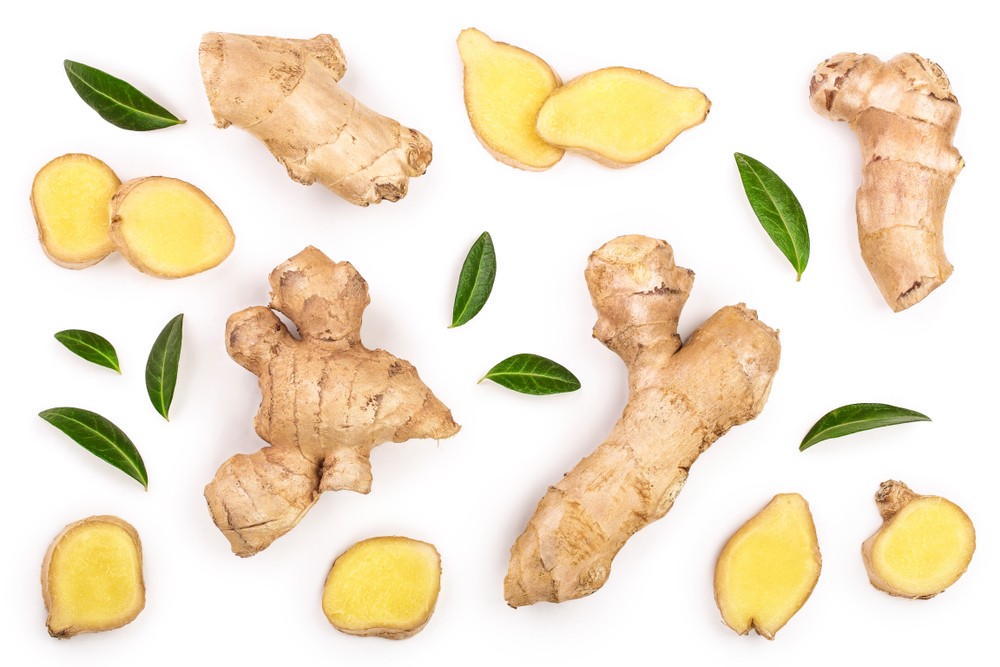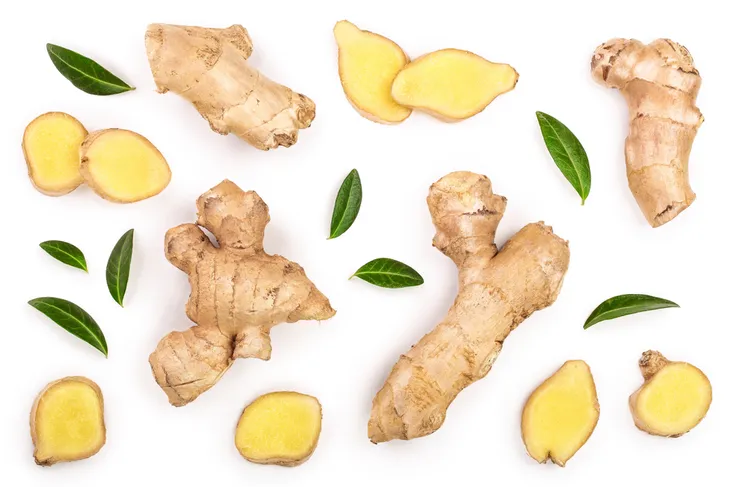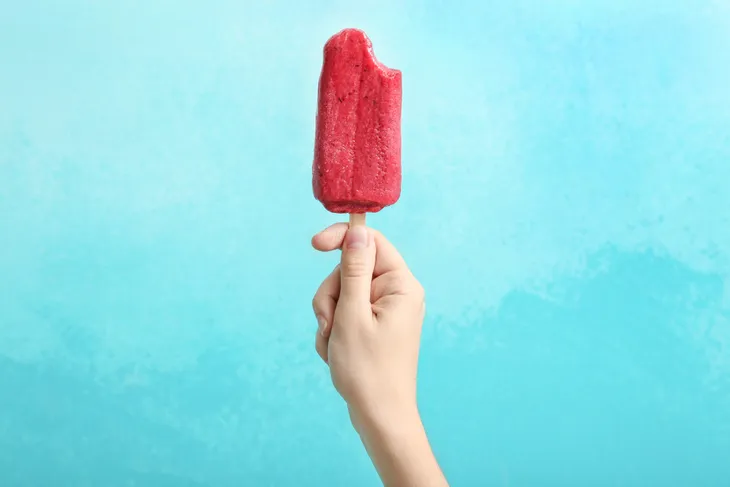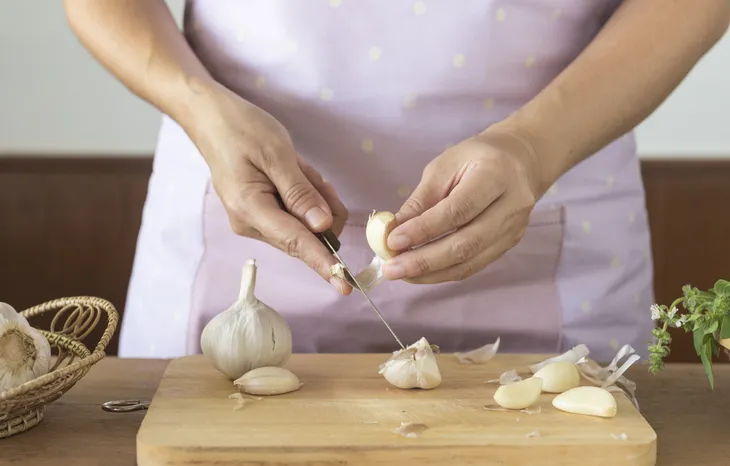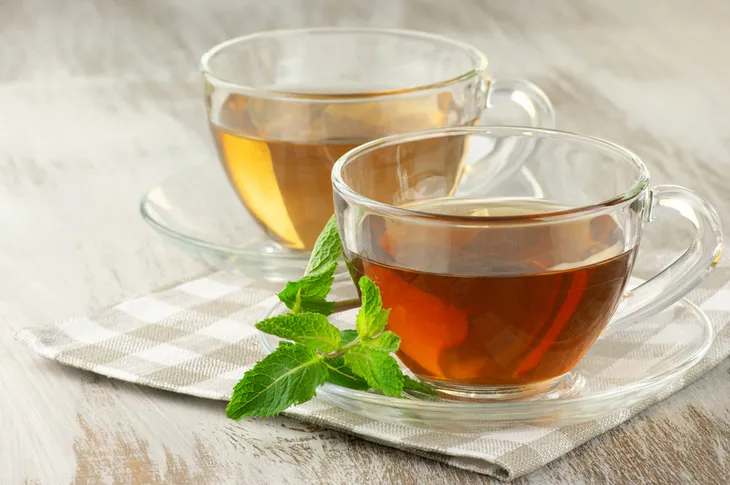You’ve no doubt heard the saying “feed a cold; starve a fever.” However, the healing power of nourishment and energy through foods is vital when you’re battling an intestinal virus or common cold in order to boost your immunity and give your body the energy it needs to fight off whatever illness is ailing you, particularly if you’re dealing with flu symptoms for several days or weeks.
Here are 6 foods that are gentle on your body yet will help you overcome the flu…
Chicken Soup
Not only is a steaming hot bowl of chicken soup comforting at times when you’re not feeling your best—each bowl contains vitamins, nourishment, minerals, and hydration benefits that you can’t get from starving a cold.
According to research from Mount Sinai, in Miami, Florida, chicken soup has the ability to improve air flow and flush out mucus in the nasal passages thanks to the copious amount of hot, steamy liquid within. A 1998 research report entitled “Coping With Allergies and Asthma” also found that a bowl of chicken soup actually contains anti-inflammatory properties that boost the tiny hairs-like follicles (known as cilia) in your nasal passages, which filter and stop the transportation of viruses, fungus, and bacteria from entering the body and causing nasty infections.
Ginger
There’s a reason why ginger tea, raw ginger steeped in hot water, and natural ginger ale are recommended by your doctor for quelling stomach upset, digestive woes, nausea, and diarrhea. Ginger has long been used as a home remedy for its stomach calming benefits.
However, research from the University of Maryland Medical Center claims that ginger, or rather ginger root (or the rhizome, zingiber officinale) actually contains powerful inflammation-fighting properties. In fact, a research study conducted on 261 individuals with osteoarthritis (OA) of the knee, found that a prescription of ginger extract, taken twice daily, reduced pain and the need/quantity for pain killers within a few weeks of taking the extract.
Banana
Bananas might be the first solid food you can keep down after suffering a week of flu—including symptoms of vomiting, stomach cramps, nausea, and diarrhea.
And scientists at Rutgers University, claim bananas can get you over the hump by providing vital energy to fight the flu because they are high in vitamin B6, which provides energy, lowers stress, and helps you get a good night’s sleep.
 Source: Shutterstock
Source: ShutterstockPopsicles
Nothing is more welcome than a cold, fruit-juice packed popsicle or freezie when you’re dealing with a sore, inflamed, and raw throat. Not only will having a dozen or so icy popsicles at the ready soothe a dry, chaffed throat—the high water content will also prevent you from becoming dehydrated.
Just be sure to use 100-percent, all-real fruit juice to prepare your icy nurses. Those made mostly of sugary juices won’t deliver essential nutrients needed to fight a virus. Plus, the added water content will dilute thick mucus blocking your nasal passages and free up your congested airways.
Garlic
Let’s face it; when you’re dealing with a cold or flu, you’re likely not in the best shape to be puckering up anyhow. So bring on the garlic! This powerful anti-viral, anti-bacterial, antimicrobial, and immune-boosting bulb will rev up your flu-fighting powers while relieving mucus congestion.
In fact, a 2011 study conducted by the European Society for Clinical Nutrition and Metabolism linked garlic extract supplementation to improved immune cell function and reduction of numerous cold and flu symptoms. Overall, study participants reported a 61-percent reduction in sick days as well as a 58-percent reduction in annual cold and flu incidences due to illness.
Green & Black Teas
There’s more to a pot of green or black tea than simply comfort of cold and flu symptoms. Research published by the U.S. National Institutes of Health (NIH) shows that drinking green and black teas while fighting a cold or flu can ease congestion, dilute mucus, and boost immunity thanks to the brew’s amazing germ-fighting antioxidant (catechin and theanine) prowess.
In fact, the NIH published findings from a Japanese study on 197 health care workers, half of which received catechin and theanine supplements while the remaining half received a placebo. Data showed that influenza infection and symptoms were significantly reduced in those who took the catechin and theanine capsule versus those who took the placebo.
